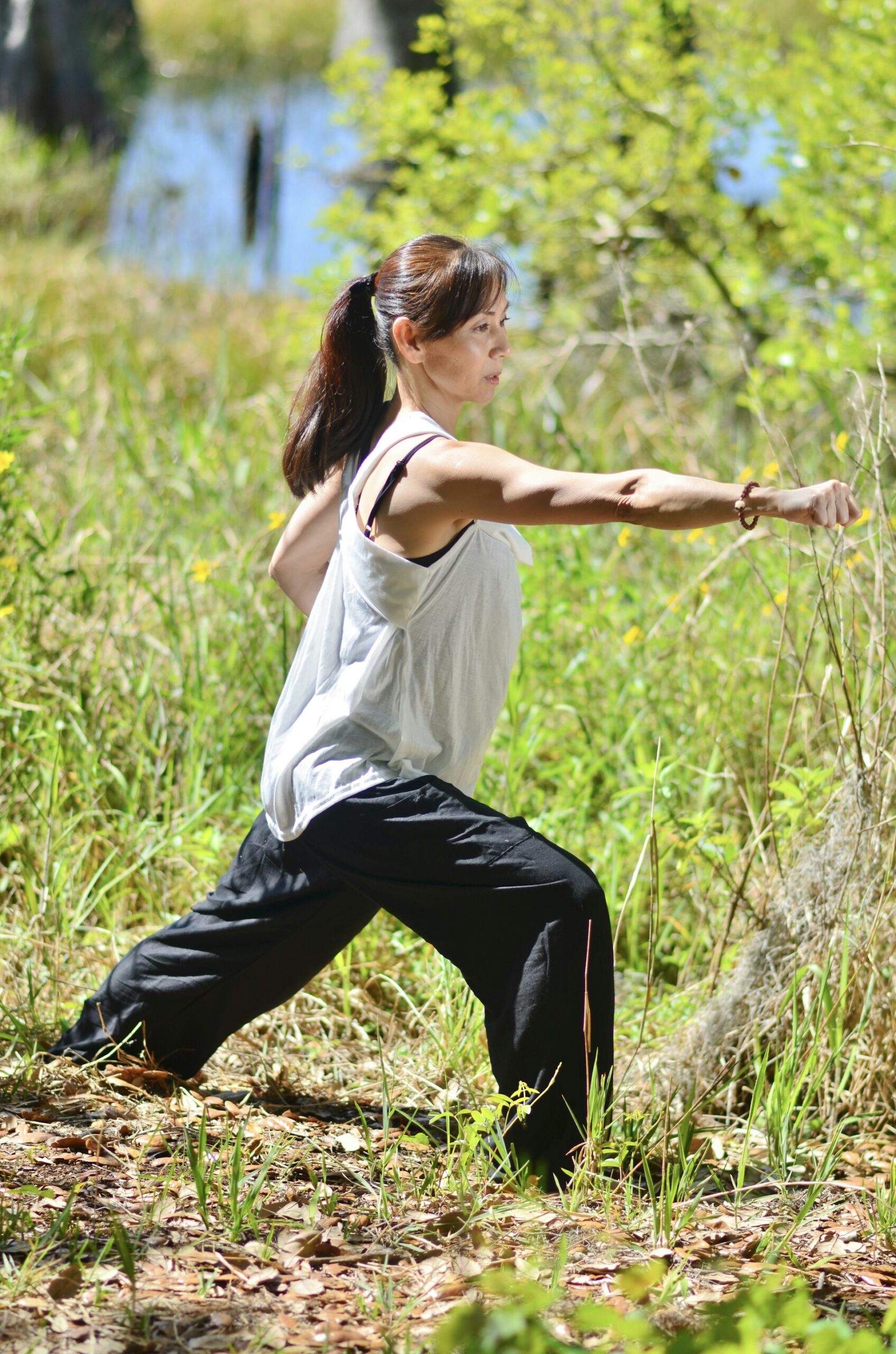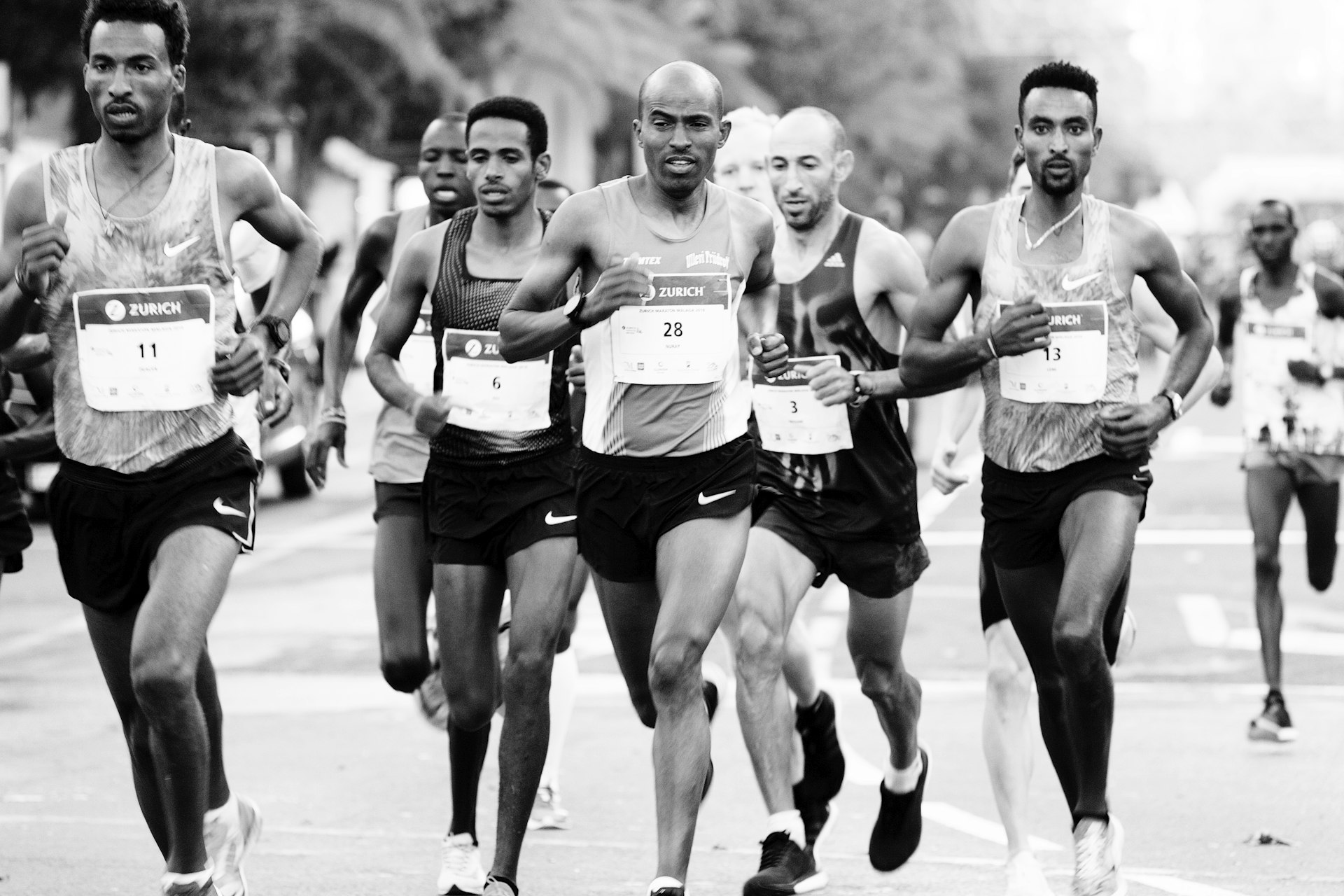Unlocking Peak Performance: The Transformative Role of Mental Training

Photo by Quino Al on Unsplash
Introduction
Peak performance is often associated with physical prowess, technical skill, and relentless practice. Yet, mounting research shows the mind plays an equally critical role in achieving and sustaining top-level outcomes. Mental training -the systematic development of psychological skills-has emerged as a cornerstone for those seeking to reach and maintain their highest potential, whether on the field, in business, or in daily life. This article explores the science, strategies, and actionable steps behind mental training, providing a roadmap to harnessing its power for peak performance.
Understanding Mental Training: Foundations and Benefits
Mental training encompasses a suite of psychological techniques designed to improve focus, resilience, motivation, and emotional regulation. Unlike casual positive thinking, these methods are structured, evidence-based, and tailored to individual needs. Scientific studies have demonstrated that mental skills training can lead to measurable changes in brain function and significant improvements in performance outcomes [1] .
For example, research involving endurance athletes found that just two weeks of structured mental training resulted in a 10.4% improvement in time-to-exhaustion during performance trials. These gains were attributed to both physiological changes-such as improved muscle efficiency-and enhanced mental states, like increased motivation and reduced performance anxiety [1] .
Other studies confirm these findings across various domains. Systematic mental training is linked to increased self-confidence, better stress management, heightened motivation, and improved overall well-being [2] . In sports, psychological measures can distinguish between successful and less successful athletes with up to 85% accuracy [5] .
Core Techniques of Mental Training
The most effective mental training programs integrate several core techniques, each grounded in research and practice:
Goal Setting and Motivation
Setting clear, achievable goals is central to mental training. Well-defined objectives provide direction, enhance motivation, and foster perseverance. The process of breaking long-term ambitions into manageable milestones keeps individuals engaged and boosts satisfaction with progress [2] .
To implement effective goal setting:
- Define specific, measurable, attainable, relevant, and time-bound (SMART) goals.
- Break larger goals into smaller steps and celebrate incremental achievements.
- Regularly review and adjust goals to maintain alignment with personal values and circumstances.
For example, an athlete might set a goal to improve their race time by 5% over a season, then track weekly progress and adjust training as needed. This approach is equally applicable in business-such as targeting a specific sales increase or project milestone.
Visualization and Mental Rehearsal
Visualization involves mentally simulating successful outcomes and desired behaviors. This technique helps the brain create “mental blueprints” for performance, increasing readiness and reducing anxiety [2] . Regular mental rehearsal can lead to substantial improvements in confidence and execution, as the mind becomes familiar with both the process and the pressure of real scenarios.
To effectively use visualization:
- Find a quiet space and close your eyes.
- Vividly imagine the environment, actions, and feelings associated with successful performance.
- Repeat the process regularly, focusing on both the process (the “how”) and the outcome (the “what”).
Top athletes often use this technique to prepare for competitions. For instance, a marathon runner may mentally rehearse each stage of the race, visualizing smooth strides, steady breathing, and a strong finish.
Self-Talk and Positive Thinking
Self-talk refers to the internal dialogue that shapes beliefs, attitudes, and behaviors. By consciously guiding this dialogue toward positive, constructive messages, individuals can build confidence and resilience [2] .
To practice effective self-talk:
- Notice negative or self-defeating thoughts as they arise.
- Replace them with positive, empowering statements (e.g., “I am prepared,” “I can handle this challenge”).
- Use affirmations and reminders before and during high-pressure situations.
Research shows that athletes who regularly engage in positive self-talk demonstrate greater mental toughness and perform better under stress [2] .
Mindfulness and Stress Management
Mindfulness techniques, including meditation and deep breathing, help individuals manage stress, improve focus, and regulate emotions. These skills are increasingly emphasized in psychological skills training, not just for athletes but for anyone seeking to optimize performance [3] . Mindfulness fosters a “flow” state-characterized by full immersion and enjoyment in the task-which is strongly linked to peak performance.
To build mindfulness into your routine:
- Practice daily meditation or guided imagery for 5-10 minutes.
- Use deep breathing exercises to calm nerves before important events.
- Incorporate mindfulness into physical warm-ups or team meetings.
Case studies in sports and business settings highlight how mindfulness training can reduce anxiety, improve decision-making, and enhance overall well-being [4] .
Cognitive-Behavioral Strategies
Cognitive-behavioral training (CBT) targets the development of mental skills that promote consistency and resilience under pressure. Techniques include:
- Attention control and concentration exercises
- Emotional regulation strategies
- Relaxation and motivation techniques
Psychologists and coaches use CBT to help individuals avoid burnout, resolve conflicts, and maintain confidence during setbacks. These approaches can be adapted for personal use, team environments, or leadership training [4] .
Implementing Mental Training: Step-by-Step Guidance
Integrating mental training into your performance strategy requires commitment and structure. Here is a step-by-step guide to get started:
- Assess Your Needs: Identify areas where mental factors may limit your performance-such as focus, motivation, or anxiety.
- Set Clear Goals: Use the SMART framework to define what you want to achieve through mental training.
- Choose Targeted Techniques: Based on your assessment, select appropriate methods such as visualization, self-talk, or mindfulness.
- Establish a Routine: Schedule regular practice sessions, integrating mental exercises into daily or weekly routines.
- Track Progress: Keep a journal to monitor changes in mindset, confidence, and performance metrics.
- Evaluate and Adjust: Periodically review your approach and refine techniques as needed to maximize benefits.
For athletes, coaches, or professionals seeking expert guidance, certified sports psychologists and mental skills consultants offer personalized programs. To find qualified professionals, you can consult the Association for Applied Sport Psychology or contact local universities with sports psychology departments. If you are part of a larger organization, human resources or coaching staff may have mental training resources available.
Challenges and Solutions in Mental Training
While the benefits of mental training are well-documented, several challenges may arise in practice:
- Consistency: Regular practice is key. Setting reminders or integrating mental exercises with physical training can help build habits.
- Skepticism: Some may doubt the effectiveness of mental training. Sharing scientific research and real-world success stories can help build buy-in from colleagues or team members.
- Customization: Not all techniques work equally well for everyone. It is important to experiment and personalize your approach to maximize impact.
- Access to Resources: If professional support is unavailable, many reputable organizations provide free or low-cost guides and online courses. Consider searching for “mental skills training for peak performance” on university or professional psychology association websites.
Alternative Approaches and Long-Term Benefits
Alternative approaches-such as group workshops, mobile apps, and peer coaching-can supplement or reinforce individual mental training. Many sports teams now integrate mental skills sessions into regular practice, while businesses offer resilience workshops as part of employee development programs.
Long-term, mental training fosters qualities like resilience, adaptability, and intrinsic motivation. These attributes not only drive peak performance but also contribute to overall personal growth and satisfaction [3] .
Summary and Key Takeaways
Mental training is a powerful, evidence-based approach to unlocking peak performance. By systematically applying techniques such as goal setting, visualization, self-talk, and mindfulness, individuals can build the psychological foundation needed for sustained achievement. Practical application requires assessment, routine, and adaptation, but the rewards-ranging from improved results to greater well-being-make mental training a vital component of success in any field.

Photo by Quino Al on Unsplash
References
[2] The Performance Pursuit Consulting (2024). Enhancing Performance Through Mental Skills Training.
[3] Park I. (2023). Psychological Skills Training for Athletes in Sports. PMC.
[4] UMass Memorial Health (2024). Sports Psychology: Unlocking Mental Resilience for Peak Performance.
MORE FROM mysearches.ai













